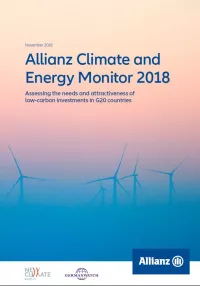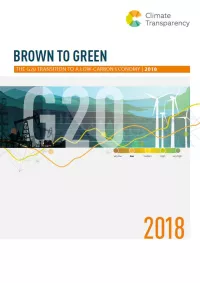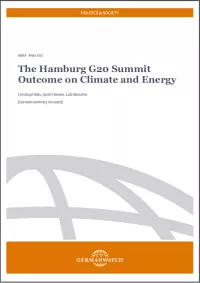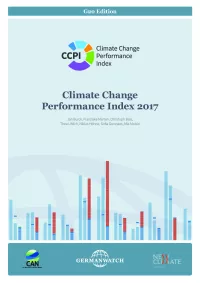
Der Allianz Klima- und Energiemonitor vergleicht die G20-Staaten hinsichtlich ihrer Attraktivität für Investitionen in eine emissionsfreie Energie-Infrastruktur. Zudem berechnet er den momentanen und künftigen Investitionsbedarf – davon ausgehend, dass die Klimaziele des Pariser Abkommens, deutlich unter 2 Grad bzw. möglichst 1,5 Grad Erwärmung, eingehalten werden sollen. Der Monitor wurde zum dritten Mal von der Allianz SE in Kooperation mit Germanwatch und dem NewClimate Institute erstellt.






